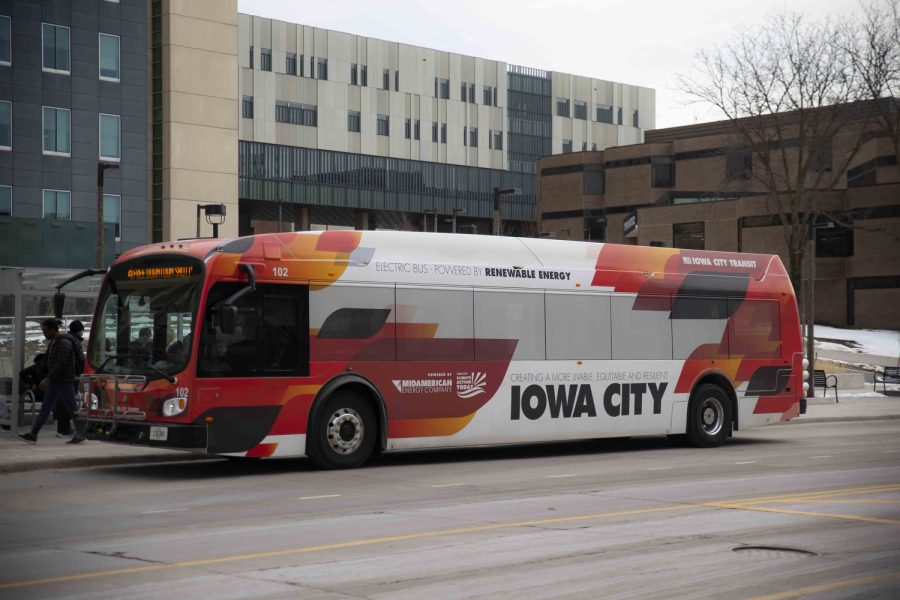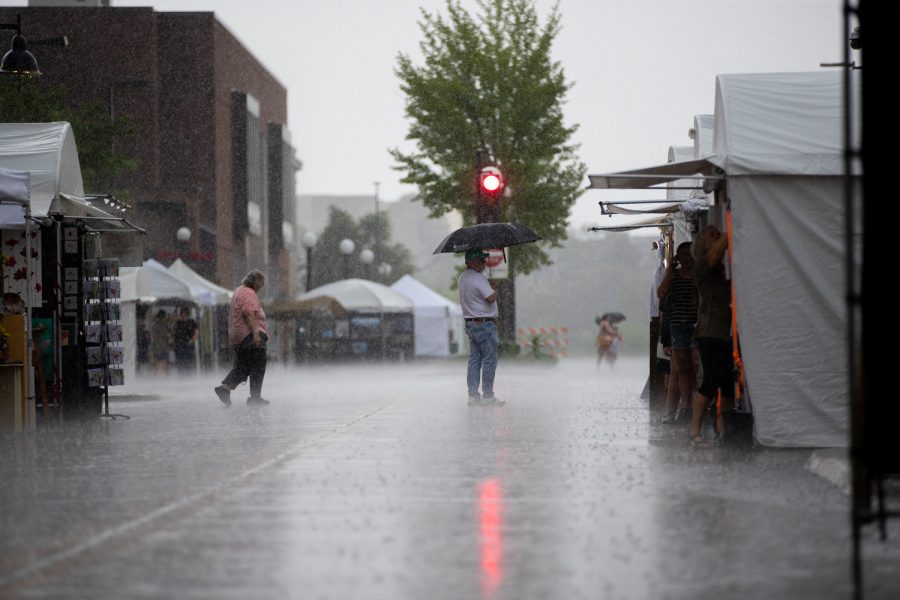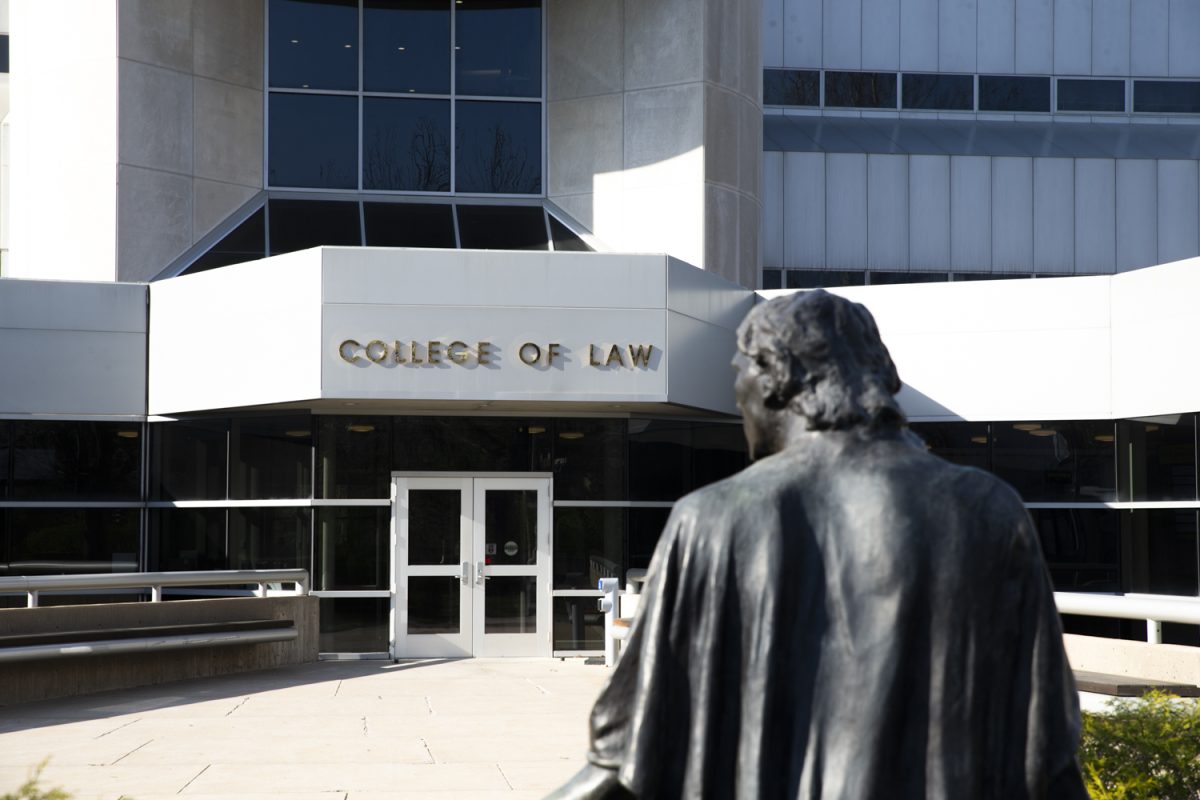Some Iowa legislators would to make texting while driving a primary offense.
Lawmakers have approved Senate Study Bill 3191, which would allow police officers to pull people over solely for texting while driving. Currently, texting while driving is a secondary offense, meaning officers must pull drivers over for violating other laws before a texting citation can be issued.
The bill passed the full Senate Transportation Committee on Feb. 20.
Iowa City police Sgt.Vicki Lalla said the department issued two texting citations in 2013. She said both incidents were accident-related and the drivers admitted to texting prior to the incidents. Lalla said officers are not able to issue a citation without the driver violating another traffic law.
“They have to be committing another violation, such as running a red light in order for an officer to issue them citations,” Lalla said. “We certainly would support a no texting while driving law.”
Sen. Tod Bowman, D-Maquoketa, a bill sponsor and committee chairman, said this is a good first step to bring this issue to the public to prevent accidents for teenagers and adult drivers.
“This bill is long overdue,” Bowman said. “We are have been trying to work with the issue of distracted driving for a while. We are trying to fine tune and address that focus, but right now, we are hone in on the texting component.”
Legislators’ main concern is narrowing the definition of distracted driving. University of Iowa psychology Professor Shaun Vecera, who specializes in attention perception and cognition, said multi-tasking is a myth.
“There is always some cost in juggling two tasks … some of those secondary tasks can produce an inattention blindness or looking but not seeing,” Vercera said. “When you are engaged with some other task while driving, you might be looking out the windshield, but you are oblivious to the situation.”
Vercera said research has been done comparing cell-phone distractions to driving while intoxicated. He said research has shown driving while legally intoxicated — driving with a blood alcohol level of .08 — does not impair you as much as being on a cell phone.
According to the U.S. government’s website for distracted driving, sending or receiving a text takes a driver’s eyes off the road for approximately 4.6 seconds. When an individual is driving at a 55 mph, it is equivalent to driving an entire football field blind.
Sen. David Johnson, R-Ocheyedan, said he presented a similar bill last year addressing distracted driving. He said his bill was too broad on defining distracted driving, and this bill is different because it is zoning in on one component.
“Highway-safety advocates are raising this more and more as there are increased incidents that have accidents being tied back to electronic devices,” Johnson said. “It’s become a preferred method of communication, and it’s just as much of an issue for the older drivers as well as younger drivers.”
Johnson said it is a discussion that has been highly debated in the Senate. He said he hopes this will set the stage for the House. The Senate panel approved the bill on Thursday with an 11-1 vote with Sen. Jerry Behn, R-Boone, dissenting. Next the bill will be sent to the House for discussion within the next few weeks.
Johnson said if the Legislature obtains a bipartisan vote, it will create an area of discussion for the House.
“I think texting is the area of major concern,” Bowman said. “There are a lot more adults that engage in this behavior than one would expect and this is good first step to open it to the public eye.”






